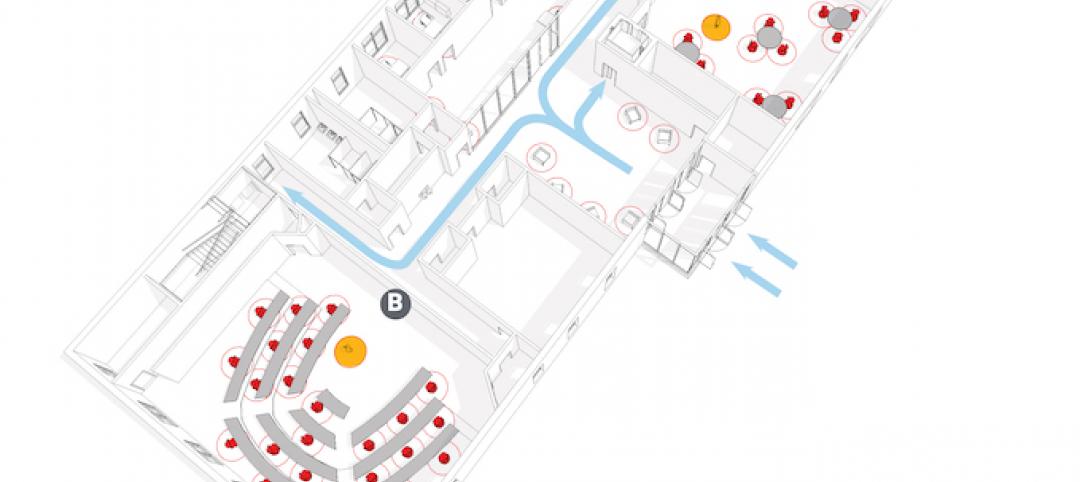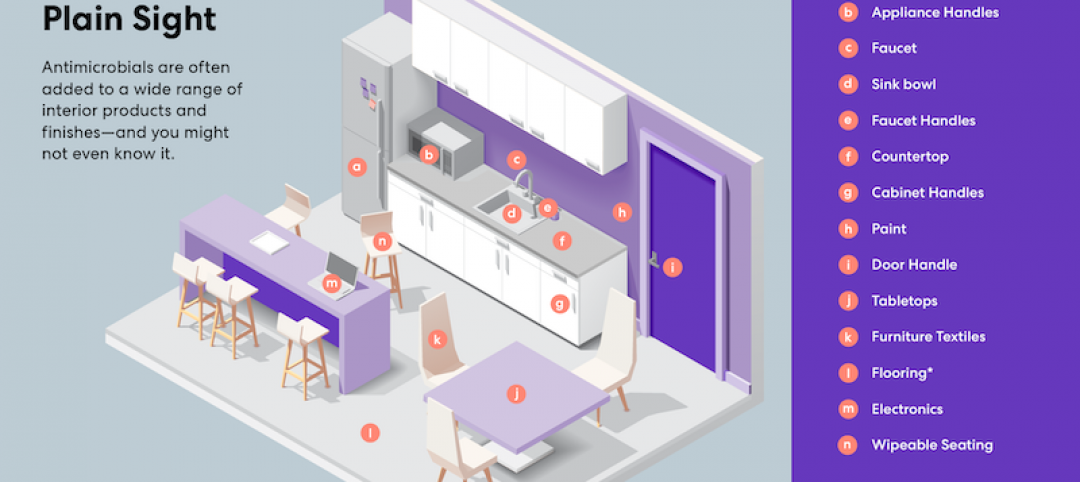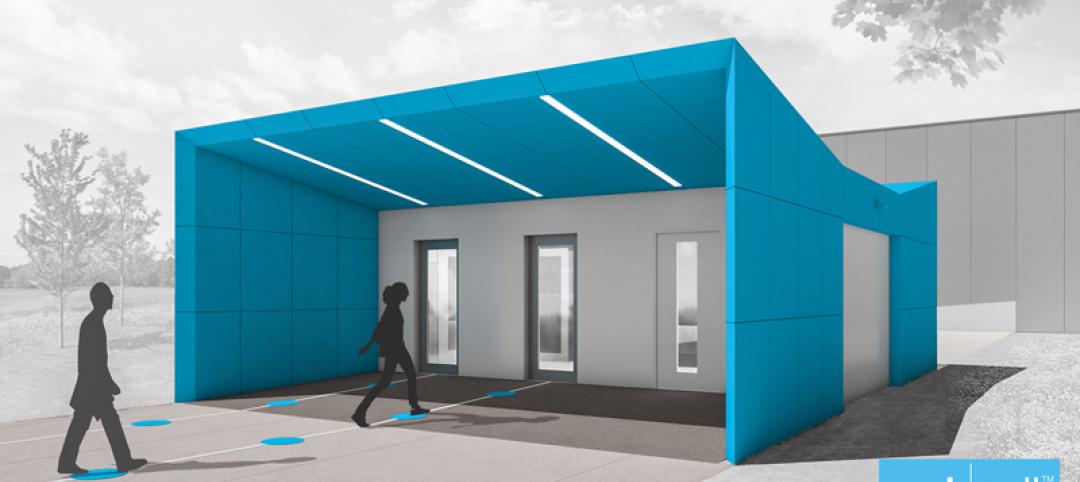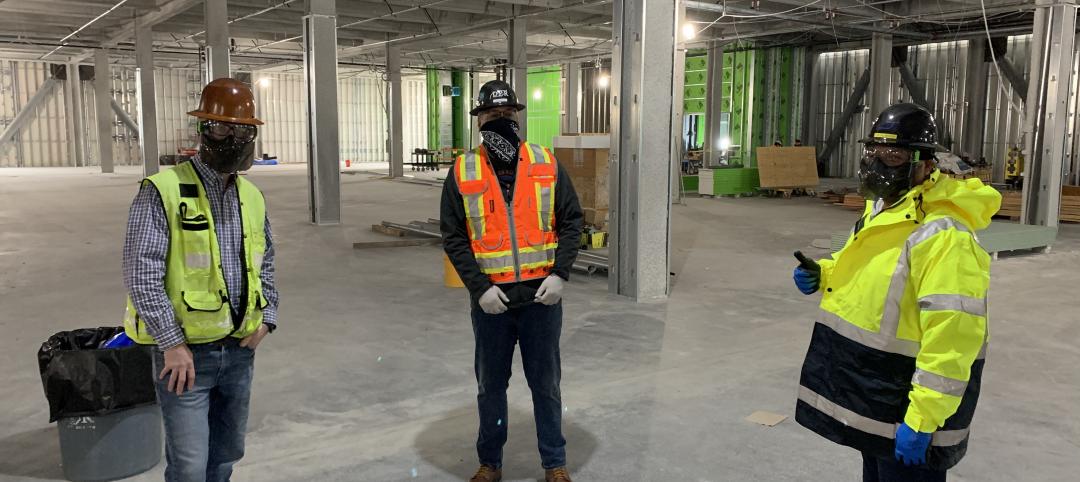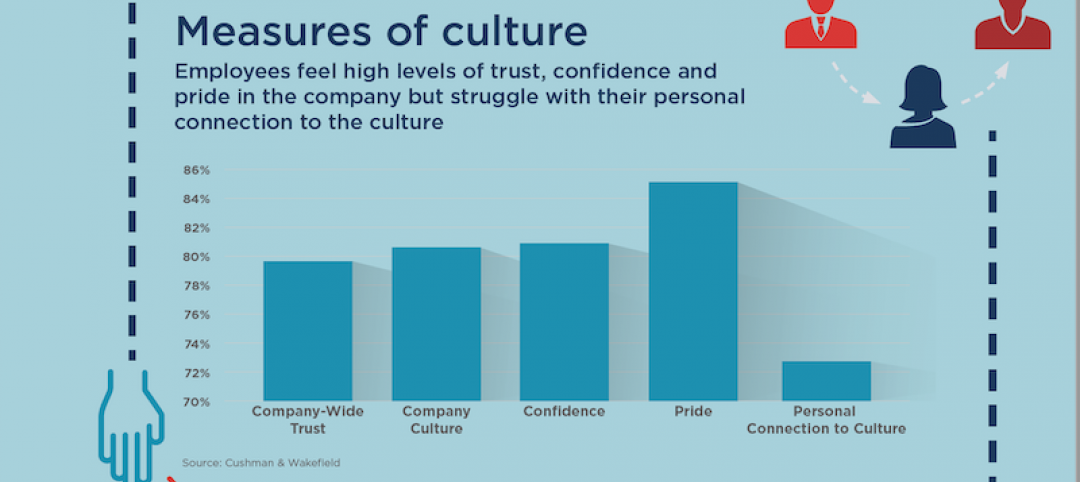As the federal government and many states begin allowing businesses to reopen, the National Fire Protection Association (NFPA) has developed a checklist to help building owners and facility managers prepare, ensuring that fire protection and life safety systems in commercial and multi-occupancy residential buildings are properly checked and functioning.
“During the lockdown policies in place over the past couple of months, many of the ongoing inspection, testing, and maintenance (ITM) activities typically required by locally enforced codes and standards may not have been completed for a variety of reasons,” said Val Ziavras, technical services engineer at NFPA. “Regardless of the level of ITM performed during this time, it is imperative that building owners and facility managers verify the performance of all building fire protection and life safety systems prior to reoccupation.”
The new NFPA resource addresses the factors that should be confirmed by a qualified person before re-opening a building to ensure the safety of all its occupants. Based on the assumption that the building was in compliance prior to being closed, the checklist provides some initial steps to help make sure the occupancy is safe enough to reopen until a qualified professional can complete the regularly scheduled ITM of all fire protection and life safety systems. Ziavras notes that this process should be completed as quickly as possible.
“Any alterations to the building that adhere to public health guidelines, such as the installation of physical barriers or automatic door openers, will need to be evaluated to ensure that they are properly designed and installed and do not negatively impact the fire protection and life safety systems currently in place,” said Ziavras.
The newly available checklist reflects the latest in a series of COVID-19 related resource developed by NFPA to address fire and life safety issues, concerns, and challenges that have emerged over the past couple of months.
Related Stories
Coronavirus | Jun 14, 2020
A new report on how campus buildings can reopen safely
Leo A Daly white paper suggests dividing students into smaller “cohorts,” and assigning bathroom spaces.
Coronavirus | Jun 12, 2020
BD+C launches 'The Weekly,' a streaming program for the design and construction industry
The first episode, now available on demand, features experts from Robins & Morton, Gensler, and FMI on the current state of the AEC market.
Coronavirus | Jun 9, 2020
Going viral: How the coronavirus pandemic could change the built environment
Architecture and construction firms—and their clients—are asking new questions about infection control as it pertains to people assembly, building wellness, and technology.
Coronavirus | Jun 9, 2020
CannonDesign unveils COVID Shield
As the world evolves its response to the COVID-19 pandemic, one clear reality is testing for the virus will be part of our daily lives for the foreseeable future.
Coronavirus | Jun 5, 2020
3 strategies to improve the wellness of building systems and gain tenant trust
Three operational issues that must be prioritized for every building in order to achieve tenant trust are air quality/ventilation, relative humidity, and building commissioning.
Coronavirus | Jun 2, 2020
5 ways to improve hand washing and minimize germs in public restrooms
Bradley Corp. offers five upgrades to make public restrooms more sanitary.
Coronavirus | Jun 2, 2020
Perkins and Will, Healthy Building Network advise against the use of antimicrobial building products
Even during a pandemic, antimicrobial building products may do more harm than good.
Coronavirus | May 30, 2020
A welcoming entry-point for wellness screening anywhere
Modular WorkWell™ ecosystem can process up to 40 people per minute.
Coronavirus | May 29, 2020
Black & Veatch, DPR, Haskell, McCarthy launch COVID-19 construction safety coalition
The NEXT Coalition will challenge engineering and construction firms to enhance health and safety amid the Coronavirus pandemic.
Coronavirus | May 28, 2020
Cushman & Wakefield report examines work-at-home pros and cons
The office, now part of a larger workplace ecosystem, still reinforces employees’ connections with their companies.



